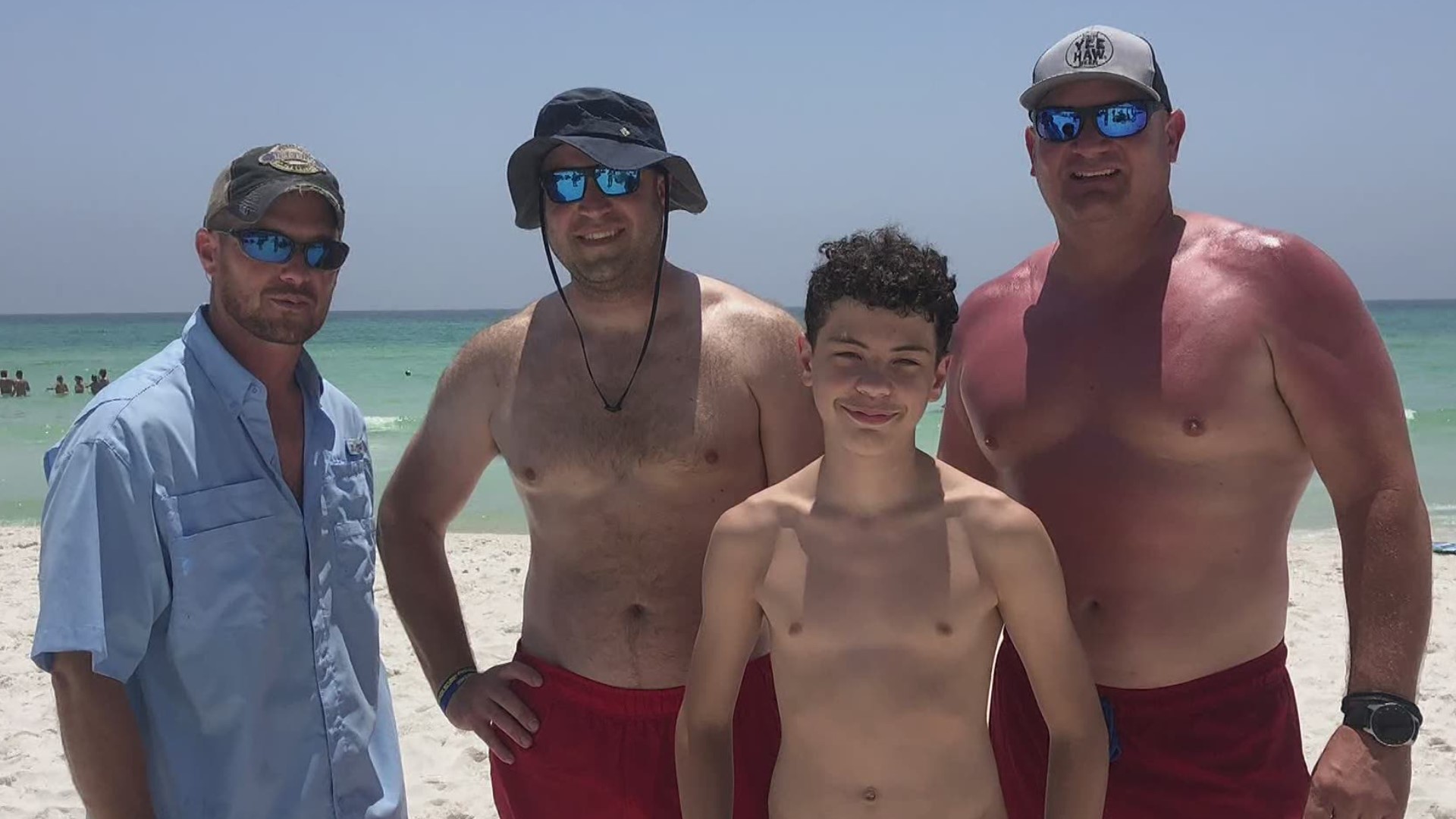ATLANTA — A crew of Georgia firefighters has headed west to help with what is expected to be a difficult wildfire season.
The 21-person crew of firefighters from the Chattahoochee-Oconee National Forests traveled to the Rocky Mountains, where they will help local crews respond to fire outbreaks in the region of the Pike and San Isabel National Forests in Colorado.
According to the U.S. Forest Service, this is the first time the Chattahoochee-Oconee crew has been assigned to help with western fires.
“It’s an honor and privilege to come out West and support these local communities, and our Forest Service colleagues," crew leader Peter Myers said in a release.
According to the Forest Service, conditions in Colorado could create a stronger than average wildfire season. They were described as "extremely dry, with little moisture and lightning expected in the coming days and weeks."
"If a new wildfire ignites, the Georgia crew is ready to respond using all the tools used by wildland firefighters, such as hand tools used to create a fireline, drip torches, and chainsaws. The crew has one fire engine and several trucks to get them to remote areas and keep them supplied for more than three days," the release said. "Based on long-term weather forecasts and expected dry conditions, 2020 is projected to be a higher than average year for wildland fire. Aggressive initial attack, supported by airtankers and helicopters, will be used wherever possible to extinguish wildfires quickly and minimize the need to bring large numbers of firefighters together."
Making that all the more difficult is the COVID-19 pandemic.
"The Georgia crew is putting safe practices to work, wearing masks when in public, wiping and cleaning fire trucks and equipment every day, monitoring each firefighter’s health condition and fitness, and carrying gallons of hand sanitizer as part of their personal protection equipment," the Forest Service said. "Each firefighter did a health assessment before traveling out West, to prevent bringing COVID-19 to the area where they will be working. Fortunately, the remote and rural location in Colorado has few reported cases of infection, but the crew will continue to exercise caution and practice social distancing guidelines. The crew also has a plan to quarantine in place if needed, just in case."
MORE HEADLINES

